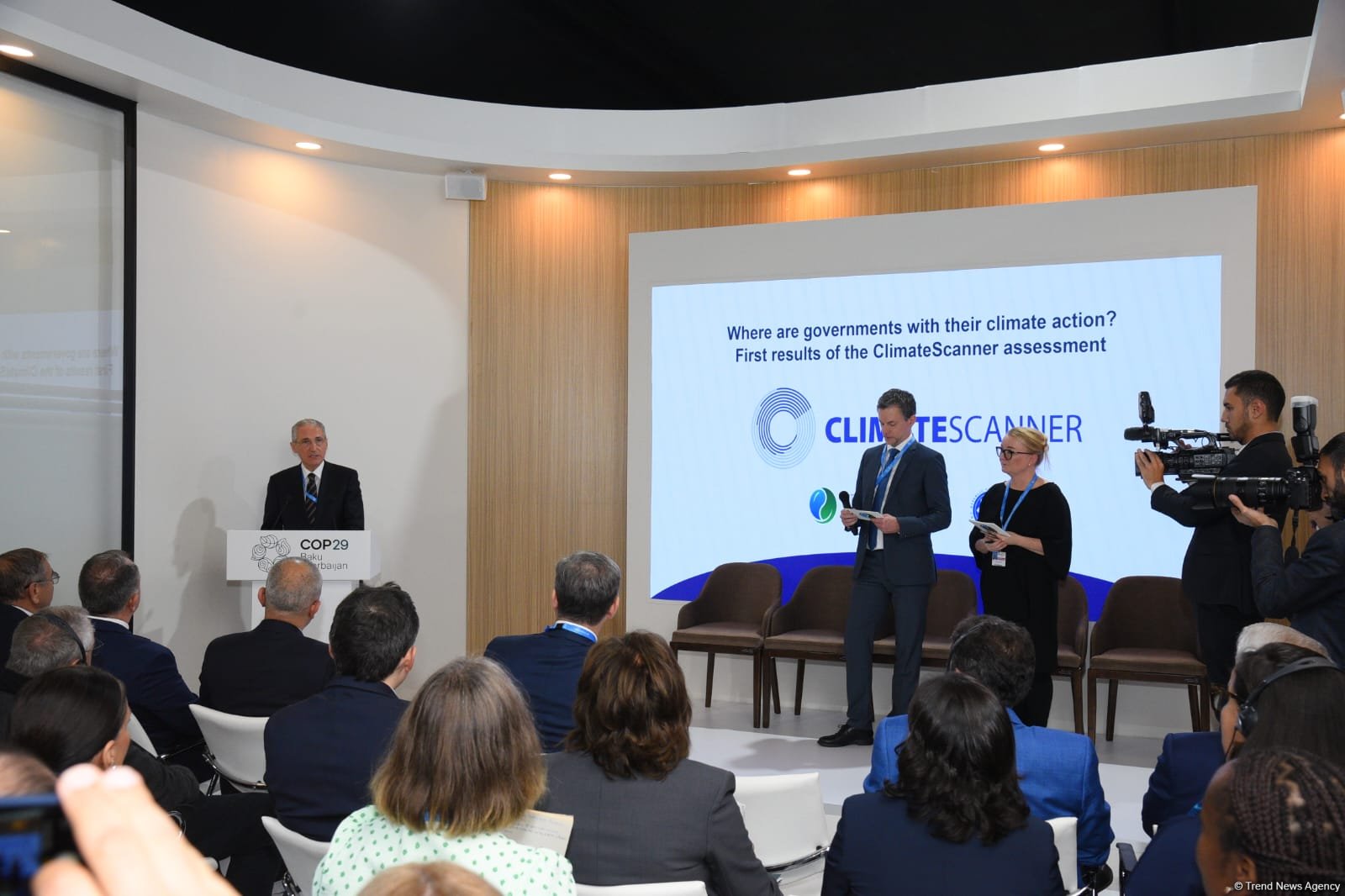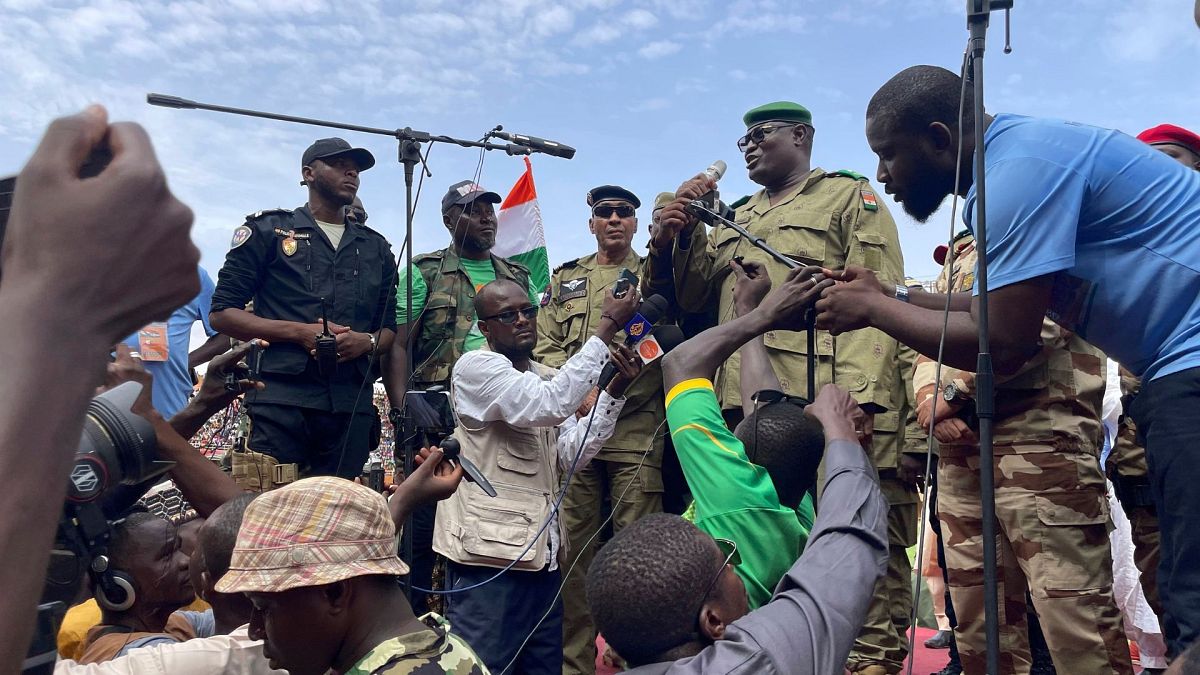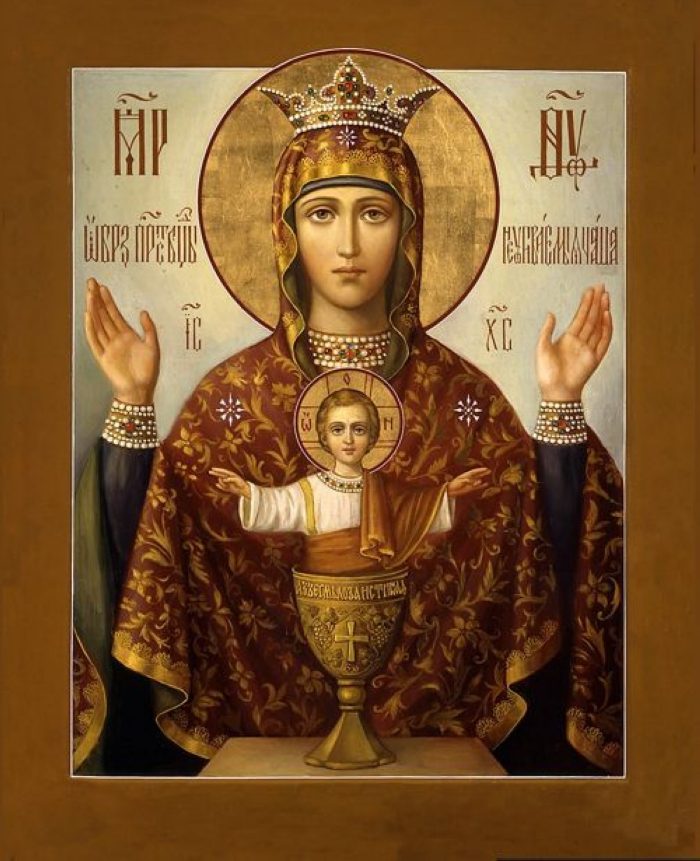BERLIN — German weapons played a “decisive” role in Ukraine’s recent successful counteroffensive, Chancellor Olaf Scholz said Wednesday, while expressing little hope that battlefield setbacks would convince Russian President Vladimir Putin to stop his war.
Speaking to reporters at a press conference with Georgian Prime Minister Irakli Garibashvili in the chancellery in Berlin, Scholz defended Germany’s track record of weapon deliveries to Ukraine against mounting criticism that his government should also send Leopard tanks and Marder infantry fighting vehicles to support Kyiv.
Berlin has supplied 10 Panzerhaubitze 2000 howitzers, 24 Gepard anti-aircraft tanks and various lighter weapons, according to a government list.
“It can be said that the very weapons that Germany has now provided to Ukraine are decisive to the development of the conflict in eastern Ukraine, and they have also made the difference” in battle, Scholz said.
The chancellor added that Germany would soon also deliver the IRIS-T air defense missile system to Ukraine, which is “modern equipment that not even the Bundeswehr is using.”
But Scholz once more ruled out deliveries of Leopards or Marders to Ukraine, insisting that such steps must be agreed among allies and that no other country was sending Western battle tanks to Ukraine.
“It remains the position of the entire German government — all of its members and the parties that support it — that there will be no German unilateral action,” he said.
Scholz’s own Foreign Minister Annalena Baerbock, from the Green party, appealed Wednesday for Germany and other allies not to further delay their decision on sending tanks to Ukraine.
“As far as modern battle tanks are concerned, decisions can only be made jointly, in a coalition and internationally,” Baerbock told the Frankfurter Allgemeine Zeitung newspaper. “But in the decisive phase Ukraine is currently in, I don’t think this is a decision that should be delayed for long.”
Asked about his call with Putin on Tuesday, Scholz said he did not get the impression that the recent military defeats had changed the Russian leader’s attitude.
“Unfortunately, I cannot tell you that the realization has now grown [on Putin’s side] there that it was a mistake to start this war. Nor has there been any indication that new attitudes are emerging there,” the chancellor said, while stressing that it remained important to have such conversations.
At Wednesday’s press conference, Scholz also told Georgia’s Garibashvili that the Caucasian country still had to take “appropriate reform steps” to become an EU membership candidate, but assured him that Berlin would provide “every support for taking the appropriate legal and political measures” that are required for such reforms.





















Discussion about this post